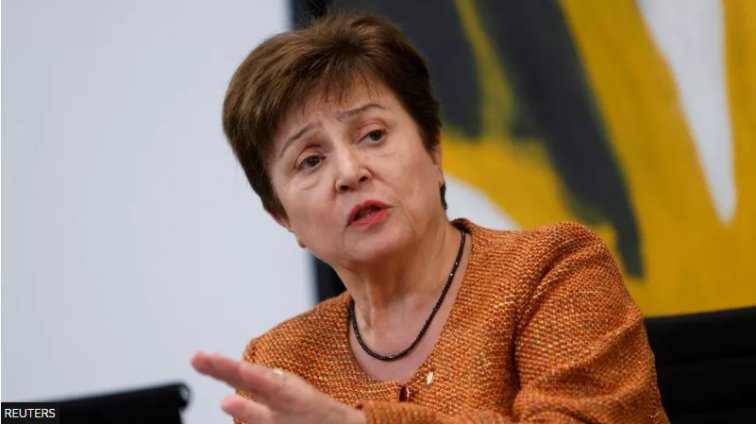The International Monetary Fund has indicated that its policy advice to member countries including Ghana and surveillance have become increasingly transparent.
According to the Fund, 98% of member countries published a statement providing the IMF Executive Board’s assessment of the member’s macroeconomic and financial situation in 2020, and 95% of members published the IMF country report.
In the same year, 98% of member countries including Ghana that used IMF financial resources published the reports, and 97% published additional documents, such as a country’s letter of intent and memoranda of economic and financial policies. About 93% published their technical memoranda of understanding.
In a document titled “Transparency at the IMF’, the Bretton Wood institution said its approach to transparency is to disclose information in a timely way unless there are strong, specific reasons against such disclosure.
“By being open and clear about its policies and the advice it provides to member countries, the IMF contributes to a better understanding of the organization and makes it easier to hold it accountable”.
“Transparency by IMF member countries helps their economies function better and makes them less vulnerable to crises. By being open, member countries encourage public discussion and examination of policies, enhance accountability and credibility, and contribute to efficient and orderly functioning of global financial markets”, it added.
Transparency of reviews and evaluations of the IMF
The IMF said its staff regularly reviews policies and procedures to improve the IMF’s effectiveness.
It explained that recent reviews include the role of trade in the IMF’s work, how to improve IMF policy advice, the effectiveness of the Financial Sector Assessment Program (FSAP), and evenhandedness of IMF advice.
Again, it said an Independent Evaluation Office (IEO) evaluates IMF policies and operations, working independently of IMF management and at arm's length from the IMF's Executive Board.
Transparency of IMF’s communications
The IMF said it maintained various channels of communication with the public about its work. It continuously publishes reports, policy analyses, country data, financial information, and Executive Board decisions on its website.
These, it indicated, are explained to the public through various digital formats including blogs, podcasts and videos.
Through social media, the IMF added, it communicates key aspects of its operations and decision-making process.
Latest Stories
-
Only 3 people defected from Movement for Change to NPP – Hopeson Adorye
25 mins -
Cause of current ‘dumsor’ is financial; ECG can’t publish load-shedding timetable – Kofi Kapito
29 mins -
SML/GRA contract brought ¢2.45bn in tax revenues to the state – KPMG report
29 mins -
Paris 2024: France ready to host Ghana and rest of world – France Sports Ambassador
42 mins -
KPMG audit reveals ¢1bn paid to SML for revenue mobilisation services from 2018 until suspension
55 mins -
Renegotiate SML contract – Akufo-Addo to GRA, Finance Ministry
1 hour -
Ignore calls by IES for Energy Minister’s removal – Kofi Abrefa Afena
1 hour -
CAF Confederation Cup: Dreams FC’s Karim Zito to implement offensive strategy against Zamalek
1 hour -
We have tried all the regimes except the return of a former President – Kofi Amoabeng
1 hour -
Akufo-Addo accepts KPMG’s advice to end upstream petroleum and minerals audit service provided to GRA by SML
2 hours -
‘It feels amazing’ – Fatawu Issahaku on scoring first Leicester City hat-trick
2 hours -
Embracing Innovation: ICP Ghana to champion new era of decentralised computing
2 hours -
8 cringe-worthy signs you’re the other woman or one of many
2 hours -
Ho Technical University management denies knowledge of name-changing attempts
2 hours -
Global Cocoa Marketing Companies refuse to pay realistic Cocoa prices – CGCI
2 hours

